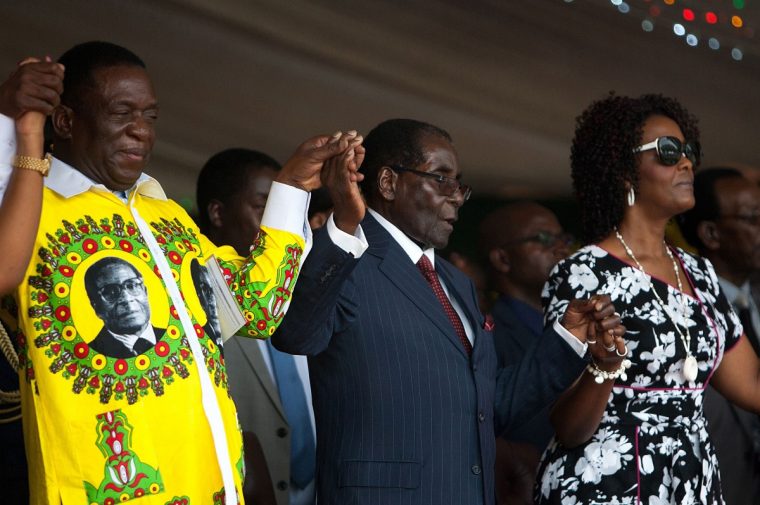Zimbabwe’s coffers are empty. Salaries for the army and air force have been delayed for several weeks; and other civil servants will only receive their pay cheques by the middle of July.
For the government and 92-year-old President Robert Mugabe, this latest cash crunch couldn’t have come at a worse time, as a fierce succession battle is threatening to break apart the ruling Zimbabwe African National Union – Patriotic Front (ZANU-PF).
Despite the anti-Western rhetoric of the past years, in which Mugabe accused the international financial institutions of contributing to Zimbabwe’s economic collapse, the government has now gone with the begging bowl to the International Monetary Fund (IMF).
If new IMF loans of up to US$1 billion are approved this coming September, it would be the first time in 17 years. Experts, however, doubt whether the country can meet the requirements set by the IMF.
Meanwhile, former finance minister, Tendai Biti, accuses the government of lying to the IMF about the treasury’s capacity to repay the country’s massive debt.
The process for international financial institutions to return to Zimbabwe was initiated last year, and a decision by the IMF to accept the government’s new restructuring plan was announced by the Zimbabwean government in Lusaka last month.
The move was prompted by a drastic shortage of United States (US) dollars – the favoured currency in the country since it abandoned the Zimbabwe dollar. Loans and bailouts from China have also not been forthcoming.
In a statement on 4 May, the IMF attributes the current liquidity woes to ‘drought, erratic rains, and increasing temperatures, [which] have reduced agricultural output and disrupted hydropower production and water supplies. Economic activity is severely constrained by tight liquidity conditions resulting from limited external inflows and lower commodity prices’.
It says Zimbabwe is now pursuing a ‘gradual, step-by-step approach to re-engaging with the international community’. It commends the country for reducing deficits in 2014 and 2015 and for meeting their commitments to implement reforms requested by the institution.
The Herald, a Zimbabwean government mouthpiece, reports that Zimbabwe has agreed to pay back its US$1.8 billion in arrears in order to qualify for new loans. It quotes the usually well-informed Africa Confidential’s warning that Zimbabwe will have to renegotiate a new economic restructuring plan, ‘which will include much tougher measures and more rigorous monitoring’.
Continued next page
(171 VIEWS)
